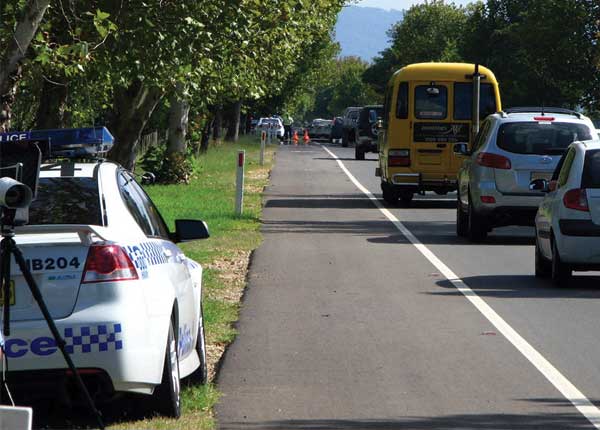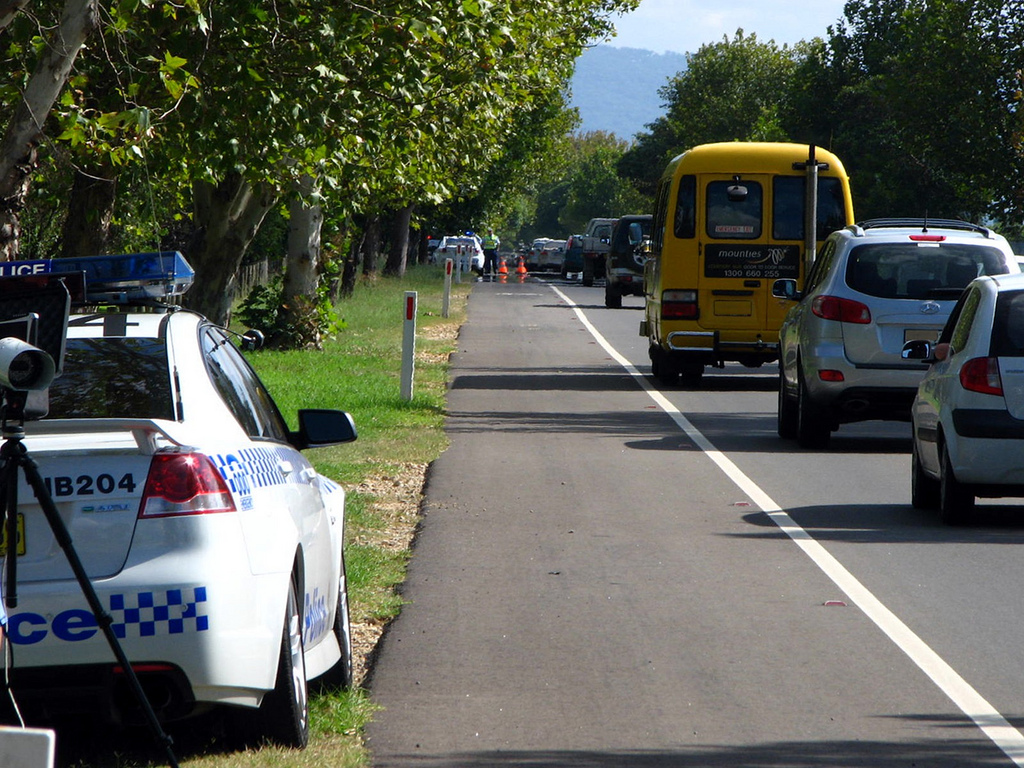
The Western Australian government plans to add a new revenue-raising weapon to its arsenal of law enforcement technology by using new number plate recognition cameras to ferret-out fine and infringement payment evaders.
Planned as part of the Colin Barnett government’s so-called “suite of measures” to target the West’s “worst fine bludgers”, the mobile licence plate recognition camera will soon be hitting streets to chase down defaulters where they work and where they shop.
The latest tool to enforce state laws is targeting hold out fine and infringement defaulters who owe individually more than $2,000 each in infringements or who owe court fines.
The Barnett government reckons that collectively the state’s fine dodgers owe the Western Australian community more than $279 million – a figure large enough to fund school chaplains of local government Financial Assistance Grants across Australia for an entire year. Assuming of course that defaulters have the financial means to settle their outstanding accounts.
The latest get tough measure follows laws that came into force in August 2013 which allow state Sheriff’s officers to wheel-clamp vehicles, seize licence plates and other property as well as being able to ‘name and shame’ fine defaulters.
Since the passage of those laws, 421 wheel clamps had been applied and 362 licence plates had been removed with a respectable $70.8 million recovered.
However the physical act of clamping a vehicle isn’t always an effective measure, especially if the price of a new wheel or angle grinder is less than the outstanding amount – hence the call for the number plate cameras.
Western Australian Attorney General Michael Mischin said vehicles were most commonly clamped when they are parked at someone’s home, “however this can be quite limiting as people take their cars to work or go out during the day” – a nice way of saying that the loathed practice of clamping can park innocent people in.
“Also, the addresses for some hard-core fine and infringement defaulters are not always current, and sometimes those defaulters deliberately don’t park their vehicles on their own property to avoid being clamped,” Mr Mischin said.
He said the sheriff will use the camera in busy areas during the working day, such as shopping centres, train stations and the main streets of country towns where the wheel clamping laws are in force.
“From the sheer volume of cars scanned, we expect to catch fine and infringement defaulters who would otherwise avoid detection. This is about reclaiming millions of dollars which rightfully belongs to WA taxpayers, who have been footing the bill for this small group of hardcore fine dodgers for too long.”
The technology hasn’t been installed on police vehicles as yet, however, as the government has released a tender notice for the camera, which is expected to either be hand-held or mounted on a sheriff’s vehicle.
It isn’t by any means the only form of technology used by police to catch evaders, after the WA Government launched an SMS trial in Ellenbrook and Albany. That program contacts defaulters via text message to warn them that they could face wheel clamping, licence plate removal or have property seized if they did not pay their debt.
Western Australia also isn’t the first jurisdiction to implement such high-tech gadgets into its law enforcement arsenal.
The Victorian government and the Queensland government have both implemented similar measures to sift out evasive fine dodgers.
The Victorian government has been ahead in the game as it rolled out the technology in its police vehicles in a trial in 2007, which has since been implemented in the vehicles of Sheriff’s officers to make “Victorians more accountable for their unpaid fines”.
In 2011, the Queensland government introduced its own Automated Number Plate Recognition to deal with traffic offences, but in August 2013, the government moved to expand its use into the field of hard criminal investigations of burglaries, sexual assaults, stolen vehicles and drug related offences.
Comment below to have your say on this story.
If you have a news story or tip-off, get in touch at editorial@governmentnews.com.au.
Sign up to the Government News newsletter

